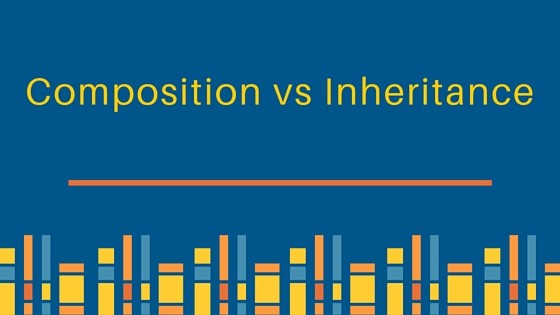Blogs
Interface Segregation …
The Interface Segregation Principle (ISP) is one of the five principles of SOLID, a set of guidelines for writing maintainable and scalable software in object-oriented programming. In this blog post, we will take a look at the Interface Segregation Principle in depth, specifically in the context of …
The Liskov Substitution …
The Liskov Substitution Principle (LSP) is one of the five principles of object-oriented programming and design known as SOLID. It was introduced by Barbara Liskov in 1987 and says that objects of a superclass should be able to be replaced by objects of a subclass without affecting the correctness …
The Open-Closed Principle …
The Open-Closed Principle (OCP) is one of the five principles of object-oriented programming and design known as SOLID. It states that software entities (classes, modules, functions, etc.) should be open for extension but closed for modification. In this blog post, we will take a look into the …
The Single Responsibility …
The Single Responsibility Principle (SRP) is one of the five principles of object-oriented programming and design known as SOLID. In this blog post, we will take a look into the SRP, its benefits, and its implementation in C#. What is the Single Responsibility Principle? The Single Responsibility …
Mastering Reflection in …
In this blog post, we will explore the concept of reflection in C#, looking into its various features, use cases, and pros and cons. By the end of this post, you will have a solid understanding of reflection and how it can (or can’t) be applied in your C# projects. Introduction to Reflection …
Inheritance vs …
Introduction Inheritance and composition are two fundamental techniques in object-oriented programming (OOP) for creating modular, reusable, and maintainable code. In this blog post, we’ll explore the differences between inheritance and composition, and discuss when to use each approach in C#. …





